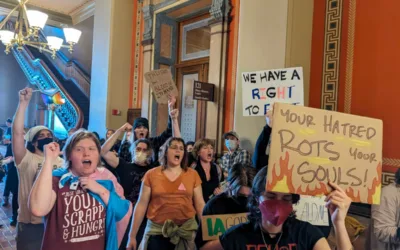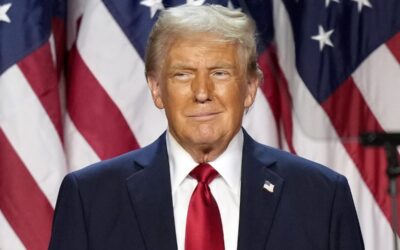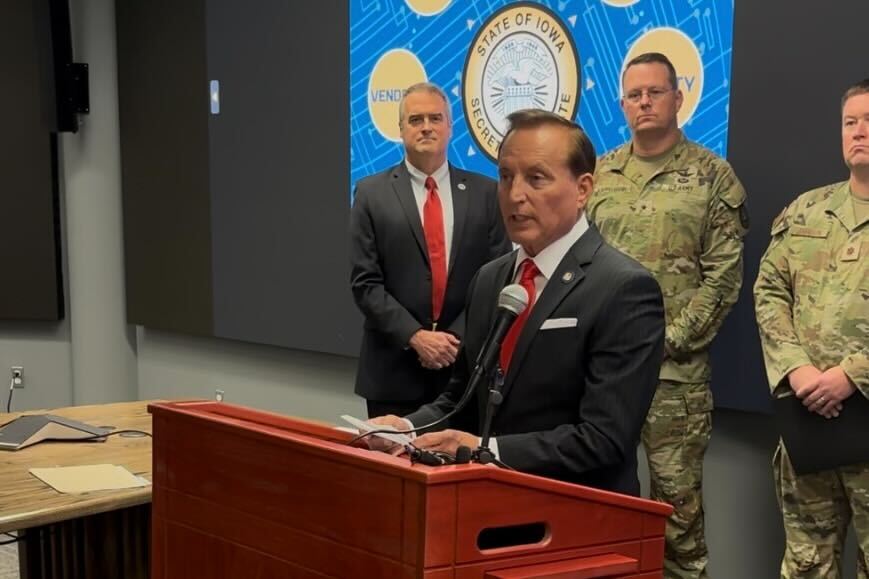
A federal judge declined to intervene in Iowa's order to poll workers to challenge a list of over 2,000 registerd voters.
The Iowa Secretary of State’s order to poll workers remains in effect after a judge declined to intervene. The judge said Pate has walked back the parameters of his original order that the court took issue with. Registered voters on the list—including naturalized citizens—will need to prove their citizenship to have their ballot counted.
Over the weekend, a federal judge declined to get involved in the Secretary of State’s order requiring 2,176 registered voters prove their citizenship to have their ballots count.
Iowa Starting Line has demonstrated that the state’s still secret list contains voting-eligible US citizens. US District Judge Stephen Locher said based on the evidence the number of ineligible voters on the list was “relatively small—no more than twelve percent.” But were the court to get involved, the outcome would “force local election officials to permit those individuals to vote.”
“Today’s ruling from the Federal District Court is a win for Iowa’s election integrity,” Secretary of State Paul Pate said in a statement Sunday night. “U.S. elections are for U.S. citizens, and ensuring only eligible voters participate in Iowa’s election process is essential to protecting the integrity of the vote.”
In his ruling, the judge wrote Pate’s waffling since his initial order to poll workers helped the merits of his case. Initially, Pate said if a poll worker finds a voter is on the list, they are required to make them fill out a provisional ballot. In other words, even if the poll worker knew the voter was a citizen, whether through their available documentation or the poll worker’s knowledge, they were required to fill out a provisional ballot. But as Pate’s order was challenged, his position changed.
“Secretary Pate backed away from the bright-line positions in his letter,” Judge Locher wrote. “… (H)e has implicitly admitted that local officials retain the authority to make independent judgments as to whether a valid basis exists for challenging a voter’s eligibility.”
Attorneys argued that the list was created in such a way that it targeted naturalized US citizens. But he drew a distinction between a list including naturalized citizens and a list consisting of naturalized citizens. There are more than 79,000 naturalized citizens in Iowa. While Pate’s list includes some naturalized citizens, he did not make the list to include people of certain national origin but because there was a mismatch between voter registration information and information provided to the Iowa Department of Transportation. Therefore, the equal protection grounds were not sufficient, he ruled.
Timing was an important factor here. Pate made his order two weeks before Election Day. The judge’s decision came two days before Election Day. The judge cited recent case law demonstrates high standards for courts intervening in the immediate run-up to an election. In one, Virginia Coalition for Immigrant Rights v. Beals, election officials removed voters from the rolls altogether based on mismatches between voter registration records and records held by other state agencies with respect to citizenship.
Pate isn’t removing voters on the list from voter rolls. He’s only requiring they fill out provisional ballots. The judge said this minimized the harm done.
“In essence, this Court would be disregarding how the Supreme Court handled a situation in which the plaintiffs had an even stronger legal argument than Plaintiffs have here. This the Court cannot do,” he wrote.
“We are obviously disappointed with the court’s decision not to outright block Secretary Pate’s directive, which we still fear threatens to disenfranchise eligible voters simply because they are people who became citizens in the past several years,” ACLU of Iowa Legal Director Rita Bettis Austen said in a statement. “Meanwhile, we encourage every citizen—and especially our new fellow citizens—to go vote in this week’s presidential election. Voting is your right.”
With the order in effect, anyone needing to prove their citizenship at the poll will need to present a valid U.S. passport, certified US birth certificate, report of birth abroad, or certificate of citizenship or naturalization from United States Citizenship and Immigration Services.
Support Our Cause
Thank you for taking the time to read our work. Before you go, we hope you'll consider supporting our values-driven journalism, which has always strived to make clear what's really at stake for Iowans and our future.
Since day one, our goal here at Iowa Starting Line has always been to empower people across the state with fact-based news and information. We believe that when people are armed with knowledge about what's happening in their local, state, and federal governments—including who is working on their behalf and who is actively trying to block efforts aimed at improving the daily lives of Iowan families—they will be inspired to become civically engaged.

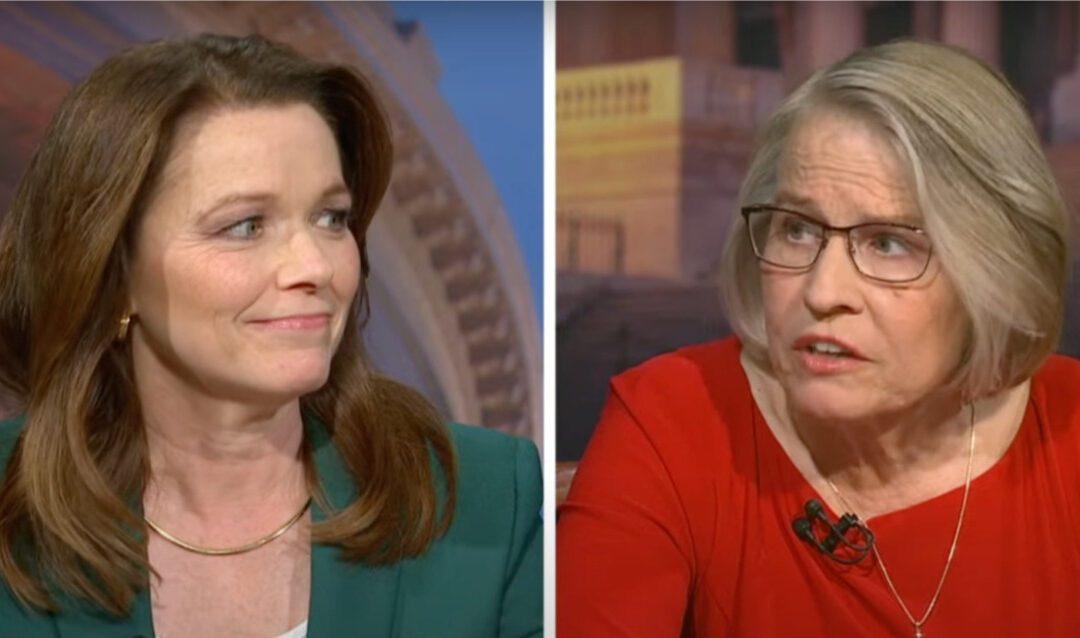
Christina Bohannan calls for recount of ‘razor-thin’ Iowa congressional race
Democrat Christina Bohannan is calling for a recount of all 20 counties in Iowa’s 1st Congressional District. There is an 800-vote margin that...

Election fatigue? Here’s how to recharge your mental health
We all have our personal struggles in life, from work stress to relationship drama, but something about the 2024 election season simply felt...
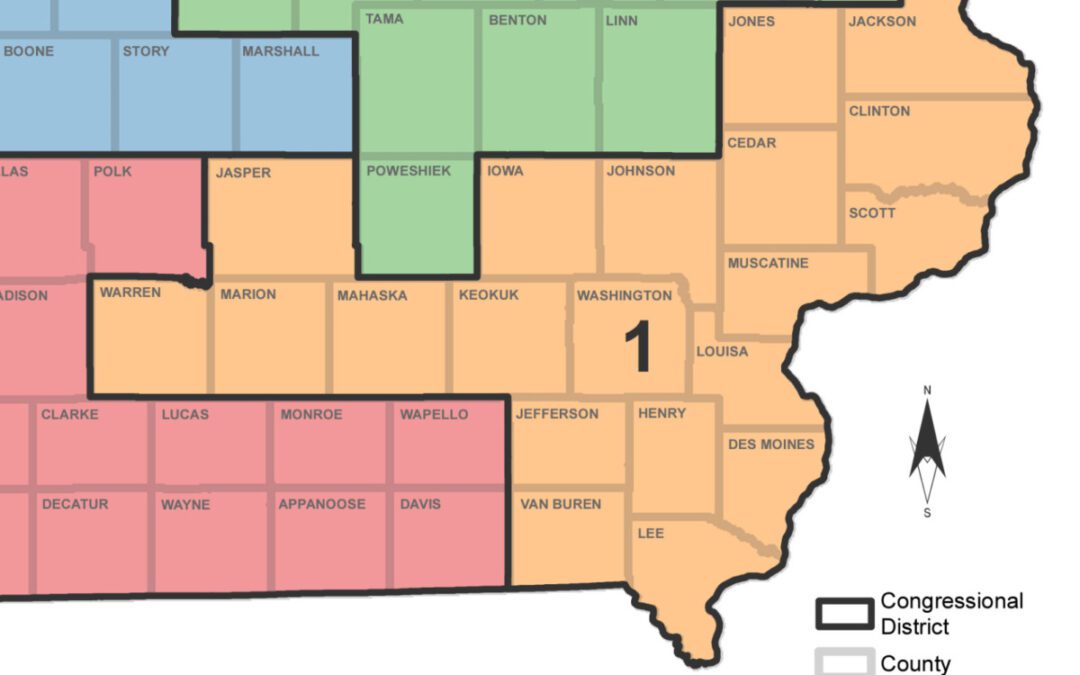
Three key takeaways from the Miller-Meeks-Bohannan results
As we take stock of what happened in 2024 and prepare for the road ahead, the results in the 1st Congressional District show some interesting...

Harris says nation must accept election results while urging supporters to keep fighting
Harris delivered her remarks at Howard University, her alma mater and one of the country's most prominent historically Black schools, in the same...

Aime Wichtendahl makes history again, first trans woman elected to Iowa House
Iowa's first-elected transgender woman, Aime Wichtendahl, made history a second time when she won a seat in the Iowa Legislature. Wichtendahl, a...

We care for us: Iowa places to support as another Trump presidency looms
We care for us: That's the message we want Iowans to carry with them in the immediate aftermath of the election, instead of despair. Starting Line...



